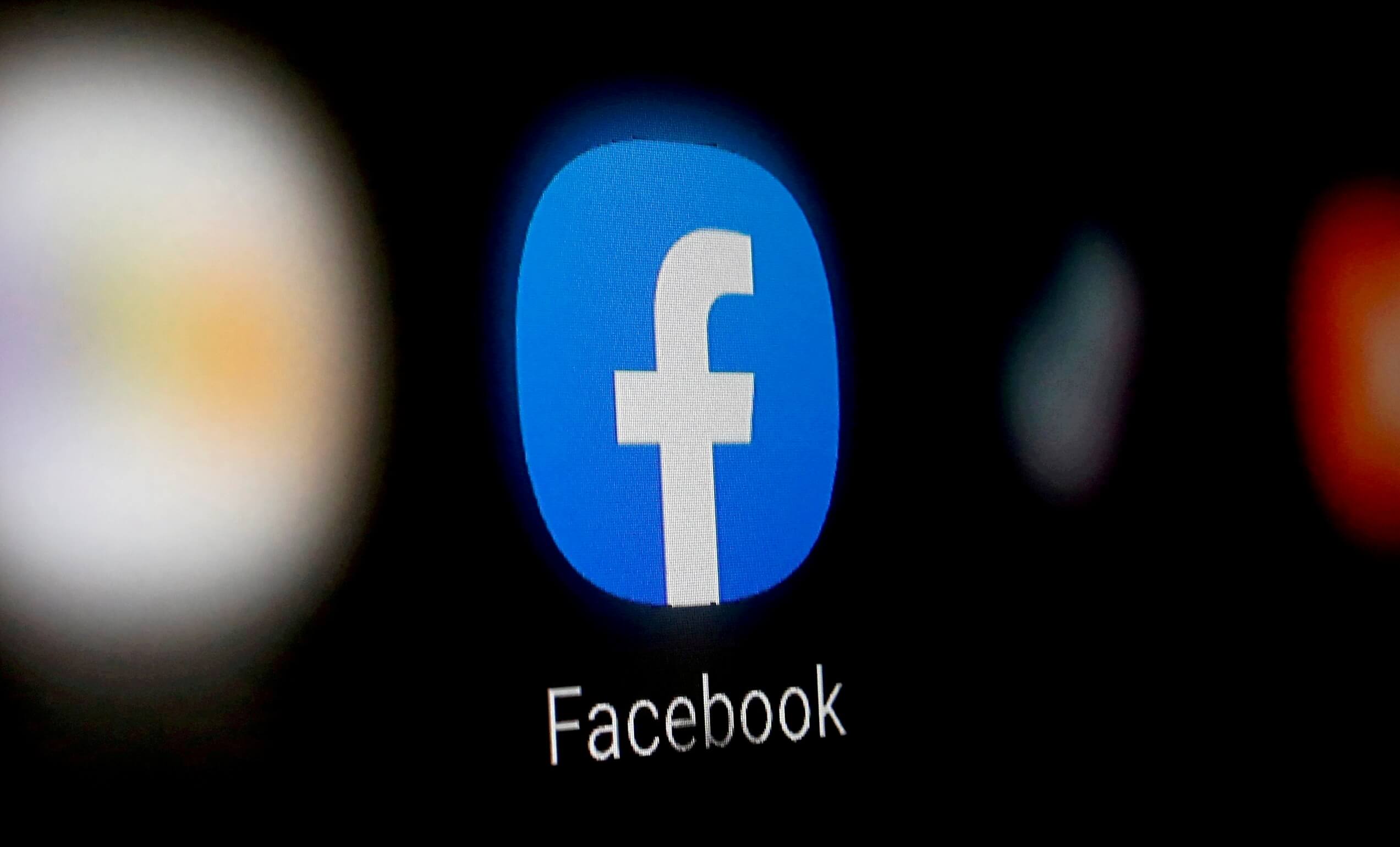This shift towards end-to-end encryption (E2EE) implies that only the sender and receiver can access the content, making it unreadable to anyone else.While opting for encrypted messaging has been available for some time, the default setting will now prioritize encryption for all users.However, this move has faced criticism, especially from entities like the UK government and law enforcement, citing concerns about hindering the detection of child sexual abuse on Messenger.James Cleverly, the Home Secretary, expressed disappointment in Meta’s decision, seeing it as a setback in their collaborative efforts to combat online harms, particularly safeguarding children.Similarly, James Babbage of the National Crime Agency lamented the introduction of E2EE, stating that it complicates their mission to protect children from exploitation and abuse.
Meta’s stance on the matter emphasizes that once encrypted, not even Meta can access the content unless a message is reported to them. Loredana Crisan, head of Messenger, highlighted the company’s collaboration with experts, governments, and advocates to mitigate risks and ensure a balance between privacy and safety.This encryption update is expected to extend to Instagram, also owned by Meta, in the near future. Users will be notified of the encryption upgrade and prompted to set up recovery methods for message restoration in case of device changes or loss.
While several messaging apps like iMessage, Signal, and WhatsApp employ E2EE for message privacy and security, the adoption of this technology has become a contentious issue politically.Advocates argue that E2EE safeguards privacy, including that of children, while opposing voices, such as law enforcement and government bodies, raise concerns about hindering their efforts to detect and prevent online abuses, especially of minors.
Legislative developments like the Online Safety Act have granted authorities powers to compel tech companies to scan encrypted messages for child abuse material. However, certain messaging platforms like Signal and WhatsApp have declared their refusal to comply with such mandates.Despite the regulatory powers, Meta continues to face pressure to reconsider expanding E2EE, particularly following allegations by former Home Secretary Suella Braverman about the use of Facebook Messenger and Instagram in facilitating online predatory behavior.





